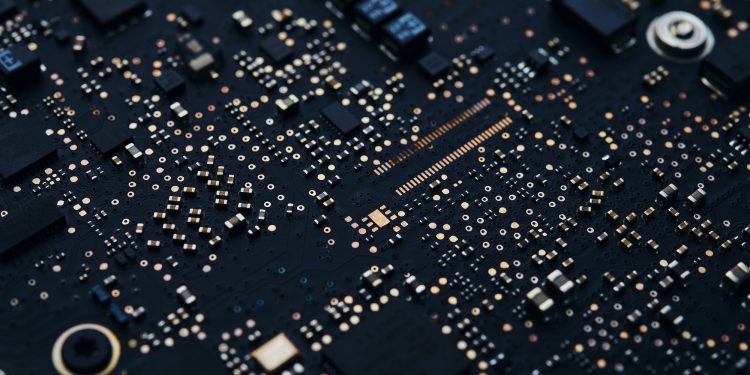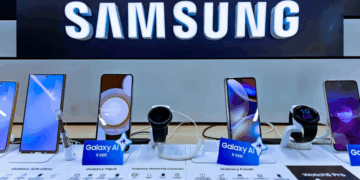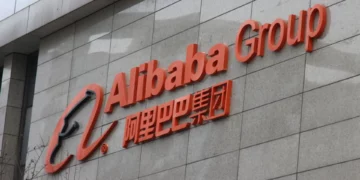The American chip ban signals a new phase in the Cold War between America and China, which has also extended into the areas of trade, manufacturing, space, ideology, and culture
New reports suggest that the Joe Biden administration’s ban on the export of high-end microchips to China, imposed last year, has not had much effect on slowing down Chinese tech progress. Industry experts say that while the measures have certainly increased AI training times and costs, they have not imposed a fundamental barrier on Chinese capabilities and will not do so for at least 10 years.
With Nvidia creating slower variants of its chips for sale in the Chinese market, it seems that the American tech industry is unwilling to completely give up on the lucrative Chinese market. Even though the variant chips are 10 to 30% slower, they still represent a significant upgrade over locally available Chinese options. Furthermore, it seems that China has been able to mitigate some of these issues by increasing funding for priority sectors, ramping up domestic semiconductor production, and streamlining its software to use fewer microchip resources.
Shadow of doubt cast over the CHIPS Act’s efficacy
The CHIPS Act (short for Creating Helpful Incentives to Produce Semiconductors), passed in August 2022, is a flagship legislation of the Joe Biden administration and was designed to boost domestic investment in high-tech research, workforce training, and manufacturing, especially in semiconductors, but also in the sectors of artificial intelligence, quantum computing, biotechnology, space travel, drones, nuclear propulsion for aircraft, and climate science. It does so by both incentives and subsidies for companies to set up facilities in the USA while also imposing a ten-year ban on producing advanced chips in Russia and China.
Combined with the ban on the export of high-end semiconductors to China, the act signaled a new phase in the Cold War between America and China, which has also extended into the areas of trade, manufacturing, space, ideology, and culture. While many have hailed the chip bans and the $280 billion of subsidies as a boon for Western tech dominance, many have also criticised the embargo as Cold War zero-sum thinking, protectionism, and a bid for continued hegemony.
A demonstration of the Chinese tech industry’s resilience
This revelation only goes to show the strength and resilience of China’s domestic tech industry. Led by titans like Baidu and Tencent, the country’s internal market has gone from strength to strength in recent years. Despite a clampdown on megacorporations by the government, as in the case of Alibaba, the country’s tech giants are still going strong and creating industry-leading products.
Instead of being deterred by the CHIPS Act, engineers in the country are working on reducing the size of software and algorithmic workarounds to dampen the impact of having to work with slower chips. While China is still lagging in terms of domestic chip production, especially the high-end, state-of-the-art ones, it has made giant strides forward in AI, data collection, and the Internet of Things, not to mention 5G.
Chinese marques have recently broken out of the local market to make a big splash overseas, with firms such as Huawei, Xiaomi, Tencent, Baidu, Alibaba, ByteDance, and many others being industry leaders in their own right. Chinese products like TikTok, Genshin Impact, 5G equipment, AI surveillance tools, and EVs are continually ranked as some of the most innovative and envelope-pushing in the global market.

















